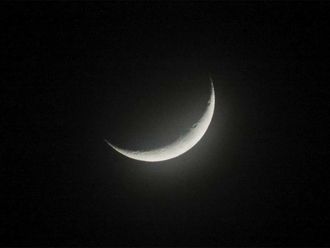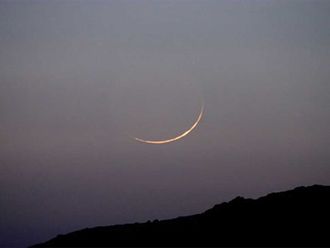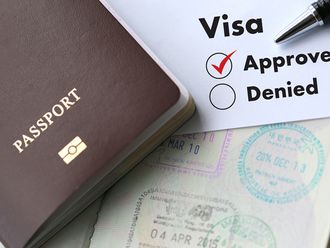Manama: Relations between the Gulf Cooperation Council (GCC) and the US will be better with President Donald Trump, a Bahraini diplomat has said, “because they will be built on interests and not on the US and Western criteria regarding human rights, plurality and freedom of opinion adopted by US President Barak Obama in dealing with the Arab and GCC countries and which would have been continued under Clinton,” Hamad Al Amer, former Undersecretary for GCC, said.
“For example, the Justice Against Sponsors of Terrorism Act (JASTA) which targets the Saudi kingdom is not based on interests, but rather on the principles that framed bilateral relations during the presidency of Obama,” Al Amer said, quoted by Kuwaiti daily Al Qabas yesterday.
Relations between the GCC countries and the US go back more than 70 years, but they were largely sidelined by the Obama Administration.
“Trump will pay more attention to US interests in the region and will reinforce relations with the Gulf on that basis. US relations with GCC states will then improve.”
Al Amer said human rights is important but should not define relations between countries. “The priority should be given to shared interests. For instance, if we want a defence system from the US in the region, then the countries that will benefit from it should pay. At the same time, the US has an interest in staying in the region and wants this region to remain stable because it is a major source of oil, so it will pay for the oil. The payment is from both sides and serves their common interests,” he said.
Foreign policy
Al Amer added that Trump’s foreign policy approaches during the election campaign were not clear “because he does not have enough details.”
“When he sits in the White House and the files are presented to him with all their details, he and his Administration team will make a more informed assessment of the situation and the foreign policy will be clear,” he said.
Writing for Arabi21, commentator Mohammad Abu Romman, said that all the statements about the Middle East made by Trump during the campaign trail would mean nothing after his election.
“He will find himself facing a new complex reality in the region and several US military and security institutions with their own reports and studies,” he wrote.
Abu Romman said Trump’s speeches characterised by their traditional realism laced with his personal irrational mixture, will “evaporate” once he is in the White House.
Political commentator Sayyed Zahra wrote in Akhbar Al Khaleej in Bahrain that people should not be optimistic about the election of Trump, arguing that their hopes would be crushed.
“We should be well aware that there will be no change in the US policies and attitudes vis-a-vis the Arabs as long as the Arabs do not change themselves,” he wrote.
Meanwhile, billionaire Saudi Prince Al Waleed Bin Talal congratulated Trump after previously calling him a disgrace. “President elect @realDonaldTrump whatever the past differences, America has spoken, congratulations & best wishes for your presidency,” he wrote on Twitter.
Al Waleed is an outspoken member of the Saudi royal family who chairs Kingdom Holding Co. The diversified firm’s interests include US-based giants Citigroup and Time Warner.
Late last year Al Waleed took exception to what his office called Trump’s “anti-Islam statement”, a proposal that all Muslims should be temporarily barred from entering the United States.












